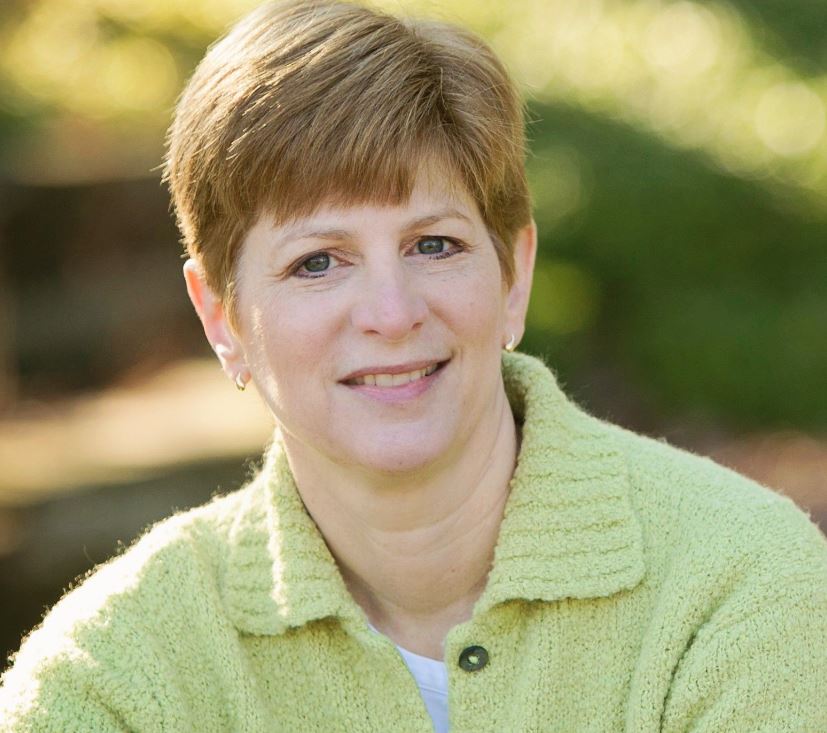There are many things that affect sleep, including physical health, mental health, sleep habits and the physical environment. The physical environment is generally defined as all the things in a person’s sleeping space that are either conducive to sleep or interfere with sleep.

Although there has been little research conducted in this area, we typically recommend that the sleep space is cool, dark, quiet and comfortable. If it’s too hot, too noisy, too light or uncomfortable, it may be hard to fall asleep or stay asleep. A few recent studies have found that sleep is negatively impacted in areas where there is increased light pollution, as well as traffic noise (from nearby trains or airports). The sleep environment is important at all ages, from infancy through old age.
Any temptation to engage with the world when you should be sleeping should be avoided. This means, the television and electronics from the bedroom. Also consider other elements that may have a negative affect your sleep, such as late afternoon/evening caffeine, pets that may disturb your sleep and alcohol near bedtime. Some couples even find that sleeping in separate spaces improves sleep.
Individuals should consider the bedrooms of everyone in their family and ensure that they are sleep-conducive. Your checklist could include:
● Be sure the bed, bedding and sleep clothes are comfortable.
● Be sure that the room temperature is comfortable, prioritizing being cool rather than too warm.
● Consider adding a noisy fan or sound machine to drown out household and outside noise.
● Add room-darkening shades if the bedroom is too light at night.
● Remove all electronic screens to eliminate the temptation to go online, scroll through social media or check texts throughout the night.
● Set a morning alarm with an old-fashioned alarm clock instead of relying on a cell phone.
If someone in your household is having a difficult time sleeping, consider the bedroom environment and ensure healthy sleep habits are in place. If the problem persists, be sure to talk to your primary care provider or a sleep specialist in your area.
……………………………………………………………………………………
Dr. Mindell is the Associate Director of the Sleep Center at the Children’s Hospital of Philadelphia and Professor of Psychology at Saint Joseph’s University who’s been working in the field of sleep medicine and research for over 30 years. She is also the chair of the Pediatric Sleep Council (babysleep.com).



